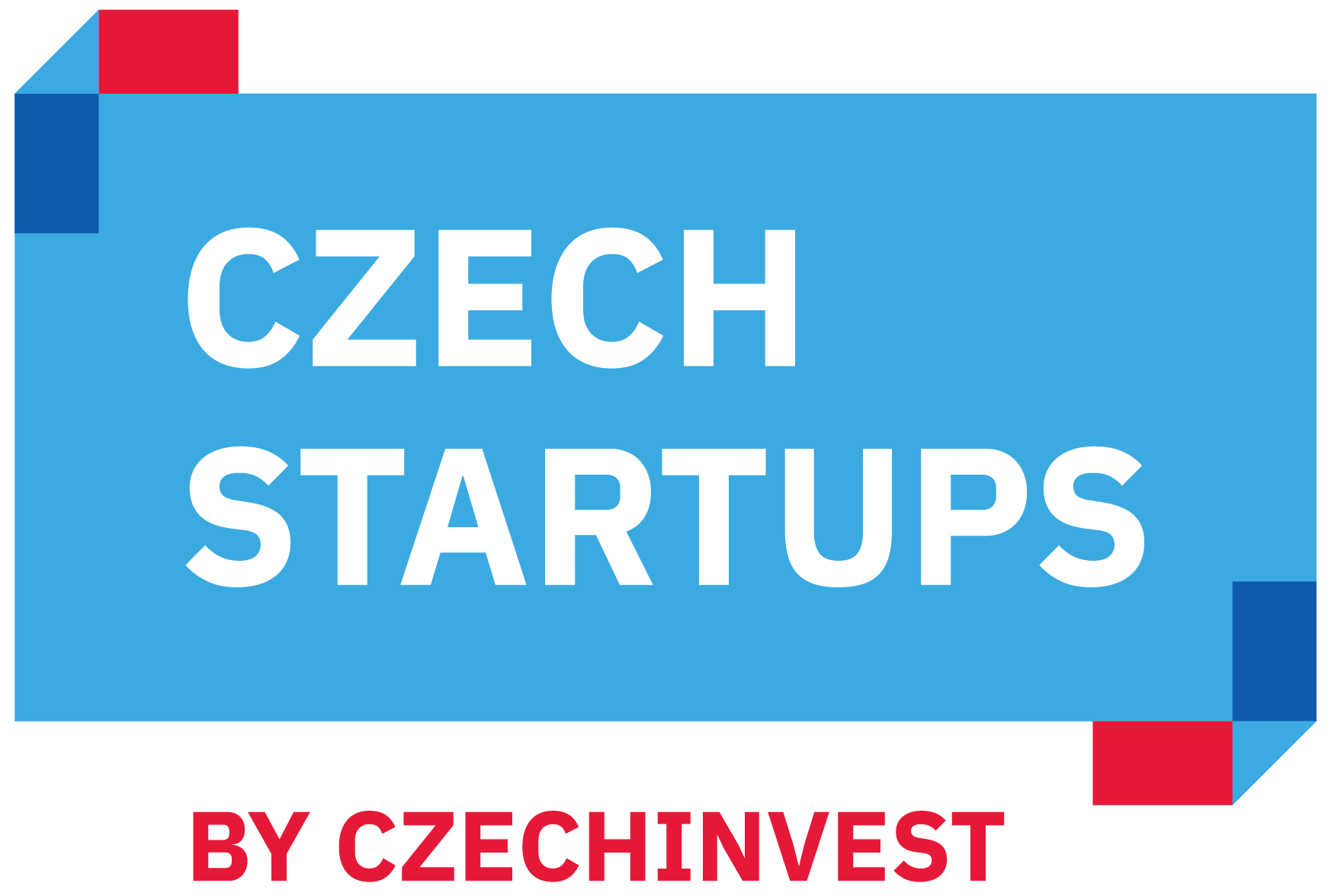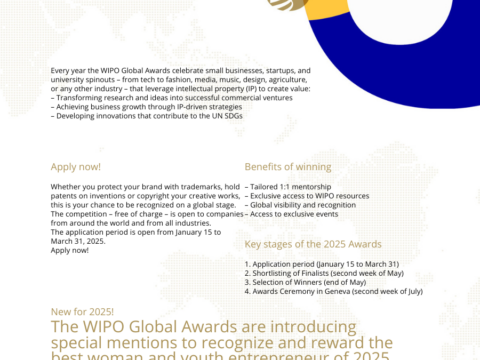ESNA- Europe Startup Nation Alliance presents the first takeaways of its highly anticipated Startup Nation Standards 2023 Report at the World Mobile Congress in Barcelona. The report aims to produce a thorough analysis of the European startup ecosystem yearly and the policies that signatory member states develop to bolster startup-ready policies in Europe.
ESNA unveils today, February 26, 2024, in an exclusive preview, the key highlights of the Startup Nations Standard 2023 Report that will be officially released on March 4th.
On occasion of the Mobile World Congress 2024 in Barcelona, ESNA’s Operations Director, Linda Capusa delved into the significance of this flagship report – the only of its kind in Europe.
About the Report
The Startup Nations Standards Report 2023 is a crucial document that tracks our shared efforts to create a startup-friendly European ecosystem. It highlights the progress made by a united political union of diverse Member States and emphasizes the challenges in improving the startup landscape across Europe.
This 2023 edition reflects on a year of notable achievements and insightful learnings, working as a snapshot that illustrates where Europe stands today. The participation of ESNA’s signatory members, yielding a 91% response rate, underscores the collective commitment to bring Europe to the lead of the global startup ecosystem.
Report snapshot
An overall positive snapshot may be identified in the implementation of the eight startup nation standards (SNS), with an average cross-SNS score of 54%. Among the eight Startup Nation Standards (SNS), four standards demonstrate remarkable performance across member states.
- Fast Startup Creation, Smooth Market Entry: the average score is 64%. Key findings reveal that 33% of countries allow a company to set up within a day, with 57% requiring less than 100 euros. Additionally, 29% offer online company setup services, while 14% provide comprehensive market access helpdesks, and 38% offer fast-track regulatory support. Furthermore, 28% of surveyed countries accept legal documents from other EU nations as evidence for business establishment. These results indicate a favourable scenario for the time and cost required to set up a startup, as addressed by this SNS, highlighting the need for further attention and improvement in facilitating helpdesk and fast lanes.
- Stock Options – yields an overall positive result of 57%. Seven out of 21 countries (33%) have fully implemented the standard. Key findings indicate that in 43% of countries, Stock Options are taxed only upon sale, while 76% allow the issuance of Stock Options without voting rights to minority shareholders. Additionally, 52% of countries have a specific scheme in place for Stock Options. Having the possibility to offer Stock Options without voting rights is in keeping with the SNS’ recommendation. Nonetheless, further improvements related to their taxation regime would be beneficial.
- Innovation in Procurement: the average score is 62%. Seven out of 21 countries (33%) are close to maximum implementation levels. 86% of surveyed countries reported no legal or administrative impediments for startups/scaleups in innovation procurement opportunities. Additionally, 76% allow startups/scaleups to retain ownership of Intellectual Property Rights (IPR). In 18% of the countries, the public sector may not retain ownership of IPR due to overriding public interests. Furthermore, 48% of countries support startups contributing to and benefiting from open-source assets, while 71% have technology transfer policies in place. While procurement opportunities and technology transfer policies stand out as positive trends, IPR and open-source assets provide a contrast with a lower implementation level.
- “Digital First”: members achieved an overall score of 75%, making it the standard with the highest level of implementation. Key findings include that 86% of countries implement a national digitalisation strategy, while 75% have digitalised services such as company creation, tax filing, participation in public procurement, and electronic ID & digital signatures. Additionally, 62% have established knowledge-sharing practices. These results indicate that countries’ digitalisation is underway, even though further efforts should be deployed towards knowledge exchange practices between public entities and startups.
As we look ahead, we also embrace the challenges highlighted in this report as opportunities for growth, collaboration, and innovation to build an ever more inclusive, dynamic, and resilient European startup ecosystem.
source: ESNA






